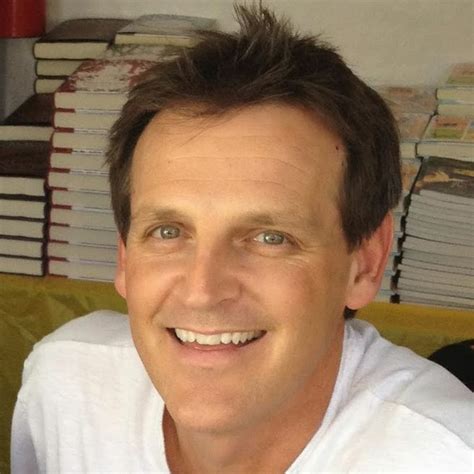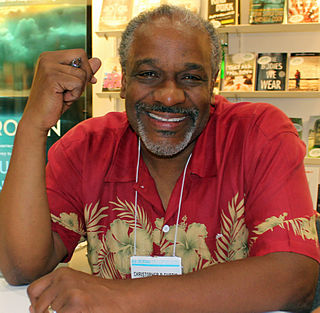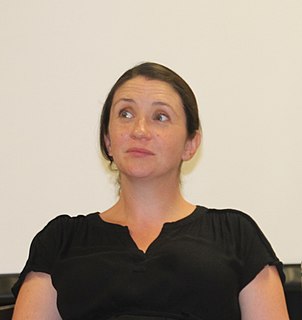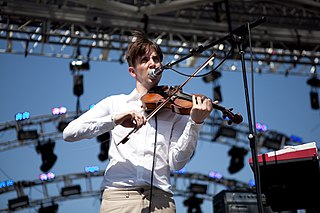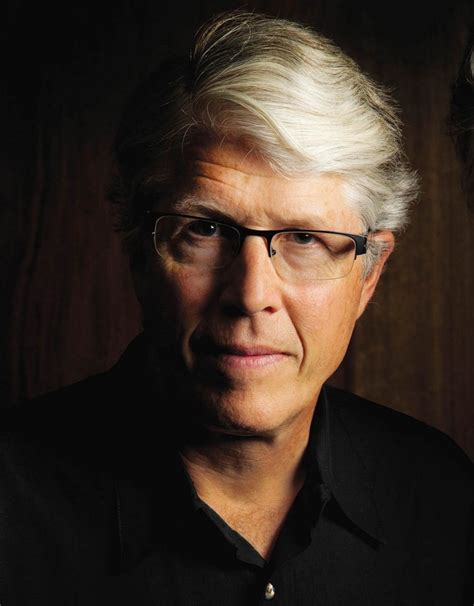A Quote by Neil Gaiman
As for thinking time versus writing time, well, that's up to you. But - and I wish it were otherwise - books don't get written by thinking about them, they get written by writing them. And that's when you make discoveries about what you're writing. That's when you get the happy accidents.
Related Quotes
I try to make the writing as regular and regimented as possible. I usually get up at around 5 a.m. and read what I wrote the day before. Some of the time, after I read, I think the writing's very good and some of the time I feel embarrassed by what I've written. You have to learn not to pay too much attention to these feelings.
If I'm writing a novel, I'll probably get up in the morning, do email, perhaps blog, deal with emergencies, and then be off novel-writing around 1.00pm and stop around 6.00pm. And I'll be writing in longhand, a safe distance from my computer. If I'm not writing a novel, there is no schedule, and scripts and introductions and whatnot can find themselves being written at any time and on anything.
THE WRITER can get free of his writing only by using it, that is, by reading oneself. As if the aim of writing were to use what is already written as a launching pad for reading the writing to come. Moreover, what he has written is read in the process, hence constantly modified by his reading. The book is an unbearable totality. I write against a background of facets.
It's been nice, actually, to keep in touch with a lot of the people and families that I've written about. Like with the kids I was just writing about from Guatemala, who survived being kidnapped and fleeing violence, it was nice to just sit down in their living room and play bingo with them, go to dinner with the family. And sometimes not thinking about it in such a mechanistic "I am now coming to report and get what I need" way, but just spending time, helps you see a more natural version of who they are too.
The hardest part about writing fiction is finding long stretches of time to do it: for me, this means writing mostly on Saturdays and Sundays. But I am always thinking about my characters, jotting down ideas in stolen moments and hoping I'll be able to make sense of them when the weekend rolls around.
Teaching I realized took up a lot of my time. I was a kind of a teacher that spent time with students, spoke to them after class, tried to help them out. I'd talk with them personally about their work and try to get out of them what they were thinking about, forcing them to thinking seriously and not just falling back on all the ideas that they had picked up someplace. And so I took my job teaching very seriously and that - as a result, it took up a lot of time.
I was able to notice in a very early stage, there were discrepancies between the people who are writing the songs and discrepancies about the self that I was writing about. I was feeling that there were all these different people, both writing the record and having the record being written about them, even though ostensibly it was me sitting down and documenting a series of life experiences. Part of that, when I recognized this unconscious thing I was doing, was about these spaces, about these gaps.
The great thing about writing is that...you can do all these antisocial things and you get paid for them and nobody ever arrests you because they're all make-believe. Then that way if you were actually ever driven to do any of those things, the pressure's off because you'd have already written them down. It's therapy.



